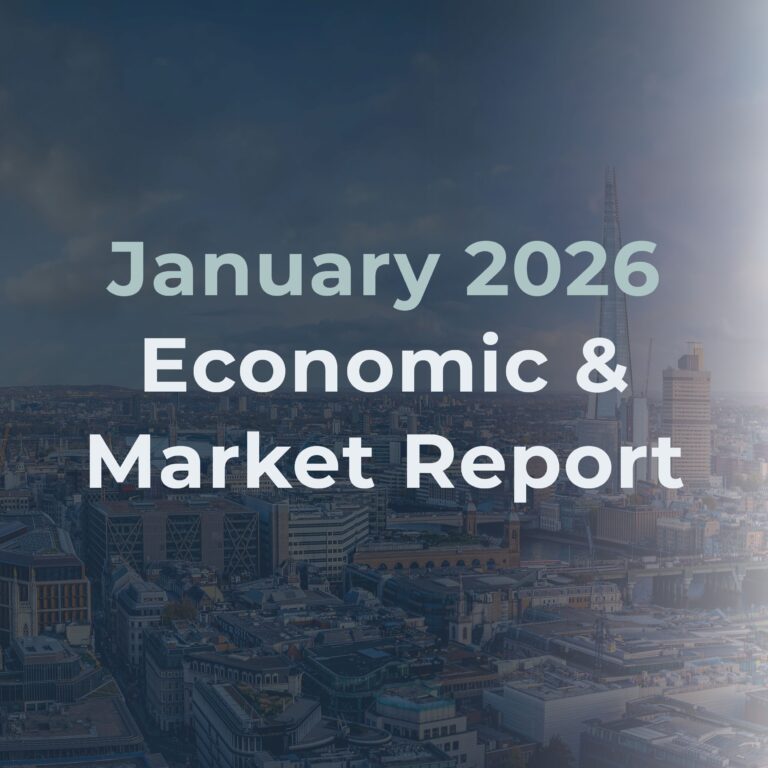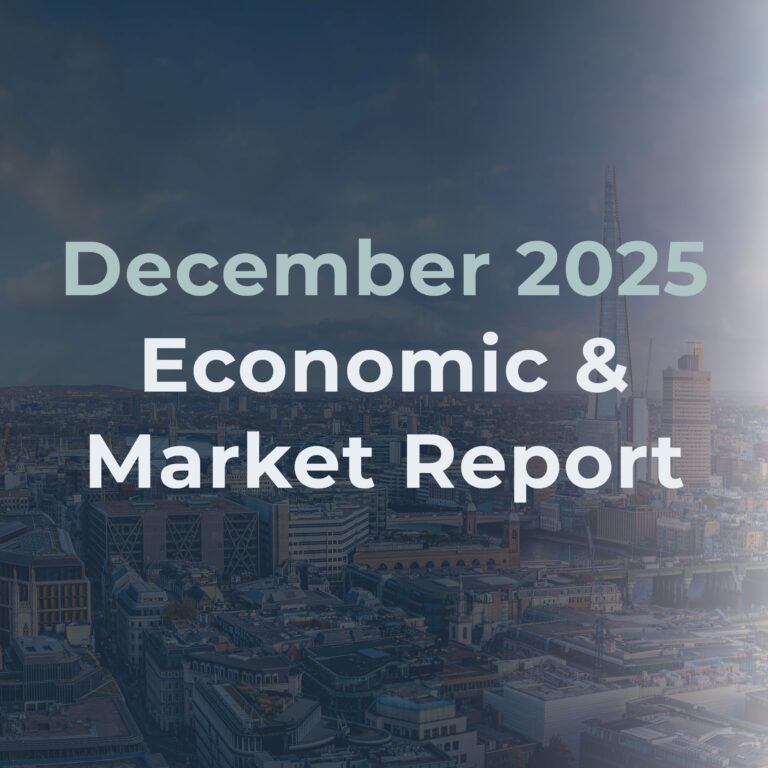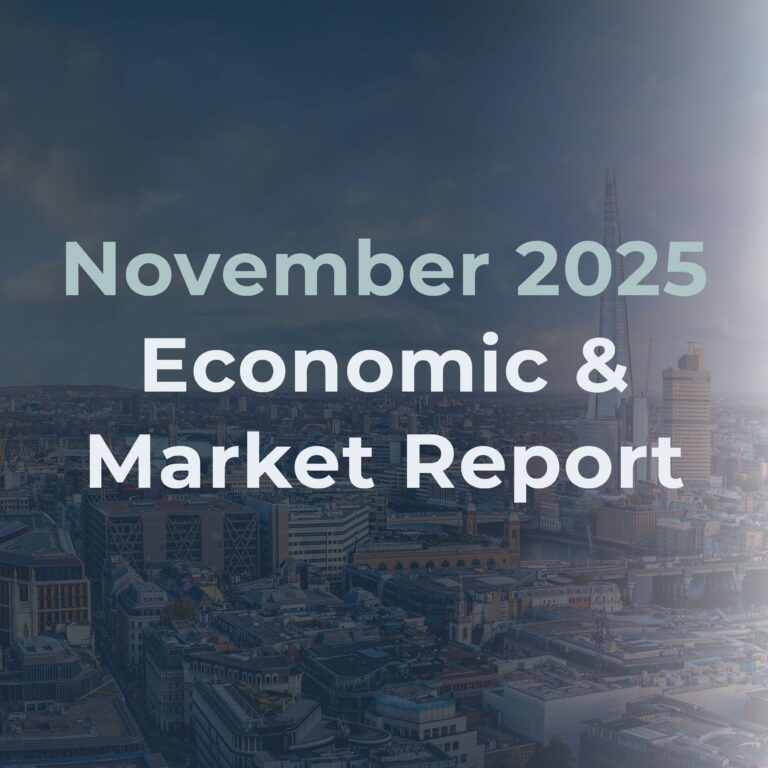Market Insight
Active Asset Allocation: Is It Worth All The Effort?
This Article was Written by: Rory Maguire - Fundhouse
Active Asset Allocation, Market Insights, Uncategorised
The conscious decision to invest in one asset class over another is probably the most important investment decision we will ever make. By way of example, the following asset class returns were enjoyed by sterling investors over the last 10 years: North American Equities 272%, Chinese Equities 84%, UK Equities 67%, Direct Property 30% and Gilts 7%. The decision to apportion capital between them and others, was non-trivial.
Therefore, it is understandable and rational for professional investors (in this case, fund managers) to invest a lot of time and resources into developing their asset allocation skills.
At Fundhouse, we use our extensive fund research capabilities to assess the skill of fund managers. We often question whether professional investors add value by doing something (asset allocation) rather than nothing (investing without changing their asset allocation).
Our prior assessment
We looked into this question in 2021 (https://www.fundhouse.co.uk/limited-evidence-of-taa-skill/) and found that there was limited evidence of skill in Tactical Asset Allocation (TAA). In 80% of cases, it would have been better to have done nothing, rather than something.
A lot has changed since 2021, such as bond market downturns and US equities strongly outperforming, so we thought that it was a good time to revisit this analysis.
Summary of our assessment, and what was in scope?
Our approach was simple but meaningful:
- We included over 160 multi-asset funds categorised in the IA Mixed Investments 40-85% Shares sector that had at least a five-year track record. Many are run on a 60/40 basis, in spite of the broad sector parameters.
- Next, we compared the sample to two 60/40 benchmarks (rebalanced semi-annually), one with a UK home bias and one without.
- For the 40% bond allocation, we used a global aggregate bond hedged to sterling index.
- For the equity element with a UK home bias, we used a 15% UK, 45% global ex-UK blend.
- For the equity element without a UK home bias, we used a standard global equity index.
What did we find?
Low success rates. Over 10 years to the end of March 2024, less than 15% of 160 multi-asset funds outperformed the fully global benchmark, while less than 20% outperformed the UK-biased benchmark. In short, the outcome is similar to our findings three years ago. In over 80% of cases, it would have been better to have done nothing, rather than something.
Additional assessment
We also looked at monthly five-year rolling returns. Relative to the 60/40 UK-biased composite benchmark, only 20% of multi-asset funds outperformed at least 50% of the time over ten years to 31 March 2024. The numbers were even worse when compared against the composite without a UK bias, dropping to just 10% of multi-asset funds, outperforming at least 50% of the time. Overall, the picture is similar to the 10-year assessment.
We appreciate that we have used two benchmarks that may not be perfectly aligned with the way each fund in the sector is run. But, if asset allocation skill was obvious, this shouldn’t matter over long timeframes. Yet, it wasn’t so long ago that the industry was writing the obituary of the 60/40 fund – the very blend that has continued to outperform them, on average. There will always be reasons why markets are anomalous.
What about other sectors?
We looked at the IA Mixed Investment 40-85% Shares sector in most detail because much was written about how a 60/40 benchmark was no longer sensible. We investigated various other sectors and found similar results.
What would we conclude?
Besides the obvious point that owning a passively run multi-asset fund is probably best, it does throw out the obvious question: why would this happen? There may well be two broad explanations.
The first is that we are wired to have a brake pedal that is bigger than our accelerator – believing that a rustle in the grass was a predator, when it was almost certainly the wind, saved our life. The instinct to err on the side of caution may cause fund managers to reduce risk too soon and add it back too late.
The second relates to the approach. As we have mentioned in our previous blogs, asset allocation in most multi-asset strategies is heavily influenced by macro insights and forecasts. Our research suggests that the odds of getting these forecasts consistently right are very low.
Read our prior findings here.
Speak to the team: mps@fundhouse.co.uk
Fundhouse is the trading name of Fundhouse Bespoke Limited. Fundhouse provides investment management services to professional clients and does not provide financial advice. Importantly, this note does not represent investment advice, and any reader should always speak to their financial adviser before making any investment decisions. Please note that the value of any investment may go down as well as up, and you may lose capital when investing, and the value of your investments may not always increase. Please ensure that you are comfortable bearing financial losses and that you are comfortable taking a long-term investment view of five years or more.

More Fundhouse Articles...









